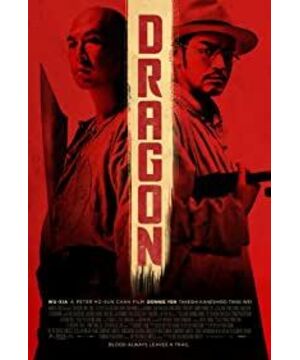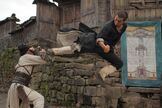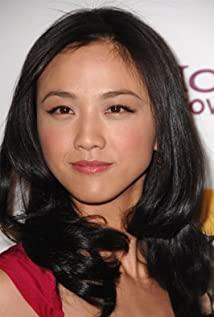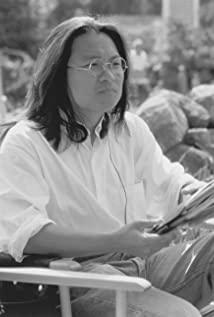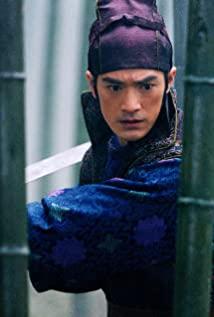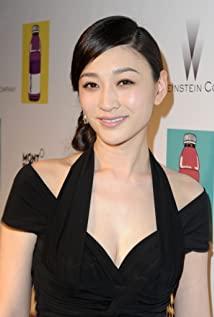Story: 3.5 points
Artistic: 3 points
I really don't want to use the word "postmodern", if there are more suitable words to describe "Martial Arts". In fact, my first reaction after watching it was to judge the classic drama first. Obviously, its type is ambiguous, the cutscenes are lacking, the climax scenes are not turned over, the dual protagonists are not mapped, the secondary clues are abrupt, etc. The shortcomings are too obvious, very It is hard to imagine that this is a film directed by Chen Kexin. Then I remembered the sandalwood and beads at the beginning and end. The sandalwood is broken, and the beads fall. This subtle sense of time is almost completely different from the sense of time of the inner story. Takeshi Kaneshiro's appearance has made the distortion of time even more serious. In fact, the time at the climax is not handled properly, it is disordered, because the editing rhythm in the previous case-solving process was brought by Takeshi Kaneshiro's sense of time. When Shisanniang was dying, she said "You are Tang Long", the time after that was deformed, rubbing into Donnie Yen's breath. So there's a clipping gap in the middle that's interesting but not very comfortable to look at from another angle. On the way that Jin Chengwu took the soldiers to catch Donnie Yen, you would clearly feel that he was near the village and was about to arrive. Why was 72 Shuangsha one step ahead of him? And after a long fight, Takeshi Kaneshiro appeared. The clipping blank on this clue is actually to erase Takeshi Kaneshiro, "disappearing". To this place, this playful experiment is still successful, and the least successful is the climax. The presence of a third-party "father" in the climax is actually quite interesting. But it is a pity that the play did not get rid of the classic play at such an important experimental moment, and over-shaped the father as a negative shadow, or a big boss. Moreover, after Jin Chengwu woke up and killed Donnie Yen, Jin Chengwu was placed on Donnie Yen's side. This is where I personally feel that I have failed, and it is completely inconsistent with the previous ones. At this time, Takeshi Kaneshiro should still be a neutral person who is neither good nor evil. The three parties (Jin, Zhen, and Fu), Fa/Qing/Fate, the three should directly become a confrontational relationship, which not only matches the theme, but also matches the dual-role dual-clue experiment in the first half of the play. Because it didn't deal with the 3-way relationship of the climax, "Thunderbolt" became a frivolous expression (you can read it as frivolous). From the point of view of the playwriting technique, Lei Pi is similar to the previous blank editing. It is a solution that does not hesitate to deliberately expose technical intentions. Just like the interview of "Legend of the Movie" will deliberately let you watch the studio, Lei The hack deliberately exposes the frivolity of the story to the audience. And then back to the ending which is almost the same as the opening. So the whole thrilling time-distortion story, sandwiched between the beginning and the end, gave me a very subtle sense of lightness. Naturally, after this kind of thinking, it is impossible to say that "Wu Xia" is good or not. The entire story in it is deliberately fabricated in order to fit its thematic expression. but In general, this kind of experiment is not clever, it can make audiences who don't care about the overall breath of subtle breathing content to watch the whole story, appreciate the story progress that is full of excitement in this patchwork, and don't care about the transformation of characters, but in the end, The play is about breath, and the superiority of experiment is also the superiority of breath. The aura of this film is chaotic at the end because of the experiment, because it believes too much in postmodernity (I'm sorry for saying that haha). But I still like this movie. over.
BTW, when I recall Jiang Wen's "The Sun Also Rises" at this time, the more I can know the skill of a director. No matter how the protagonist changes or what the predicament is, as soon as the new characters appear, you can feel Jiang Wen's extremely delicate time carving method. I personally think that in the play, the story layer is very basic, the simplest thing for a mature director, and the expression theme is simple in simplicity. How to express is the complexity, the most difficult is the time.
View more about Dragon reviews


